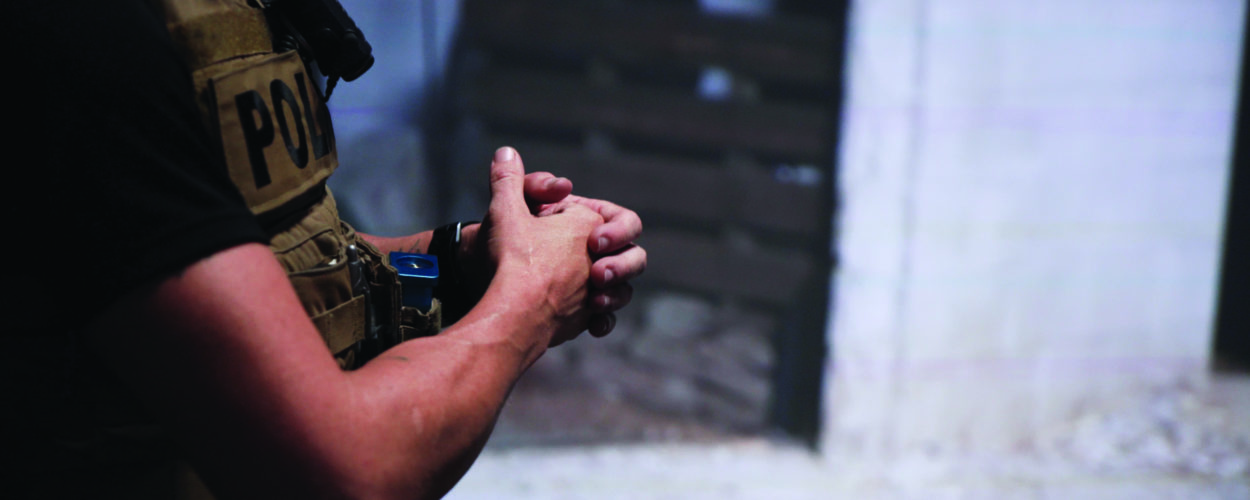
Why De-Escalation Training
Law enforcement officers have had the term “de-escalation” drilled into their minds by academies, training instructors and now the demand from society. As much as it is discussed, only officers know that de-escalation is not easily defined, nor is it as simple as it is made out to be.
This is because not every situation is created equal. As such, there are certain situations no officer would be able to resolve through de-escalation alone. Though whenever possible, de-escalation strategies should be utilized to reduce or eliminate the chances of force being used.
Just as defining the term “de-escalation” is complicated, so are the many forms of de-escalation. There is no one-size-fits-all de-escalation action that will improve every situation. Rather, the best type of de-escalation depends on the situation—one interaction may require giving the individual more space or time, while other situations are better resolved with a softer, more personable approach.
When incorporated correctly, de-escalation tactics may prevent escalation while potentially reducing harm for both the subject and officer. However, an officer needs extensive de-escalation lessons and training to build these skills before transferring them to the field. This is why VirTra created nationally-certified de-escalation training to help both academies and departments.
VirTra’s Certified De-Escalation Training
As with many V-VICTA™ curricula, VirTra partnered with a nationally-recognized expert in creating the coursework. For the de-escalation curriculum, VirTra partnered with Vistelar—a conflict management institute that focuses on the entire spectrum of human conflict—to apply their insight to create the most beneficial, up-to-date training materials.
After finalizing the curriculum, it was submitted for NCP—Nationally Certified Program—certification, allowing officers to receive credited training hours. Now, instructors who implement this specific curriculum gain: 4 certified training hours, 5 information-rich chapters, 6 extensive branching scenarios, a 38-page lesson plan and a 35-slide presentation. Department and academies can utilize this information to teach officers how to work through conflicts verbally while focusing on the importance of facial, body and micro-expressions.
Importance of NCP Certification in Training Materials
As mentioned above, the de-escalation curriculum was certified through IADLEST’s NCP program, which serves as the higher standard for police training. The NCP certification standards meet and often exceed individual State certification requirements, ensuring training is accepted by all participating POST organizations for training credit.
Because of this, VirTra has submitted all curriculum for NCP certification, ensuring customers are provided with only the best quality education and training content.
VirTra is currently the only simulator company that offers certified curriculum for officers, which is uploaded for free on each law enforcement simulator. Instructors can train well, knowing all content is up-to-date, certified and designed for maximum skill transfer. While there is no one-size-fits-all de-escalation action, officers can enter the field equipped with a variety of de-escalation tactics to improve each unique situation.
Recently Published
Join Our Newsletter







